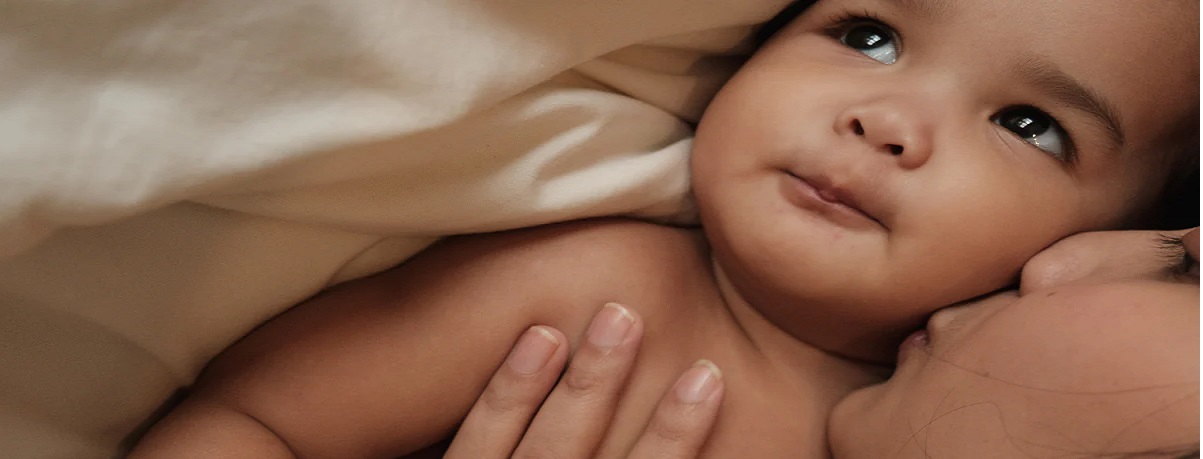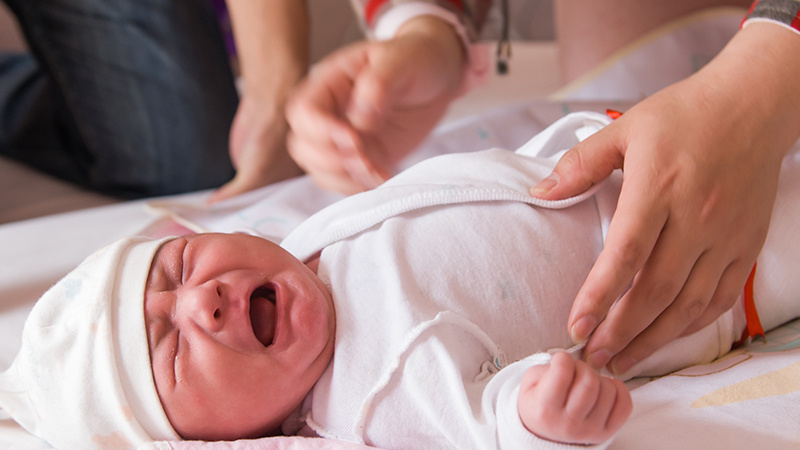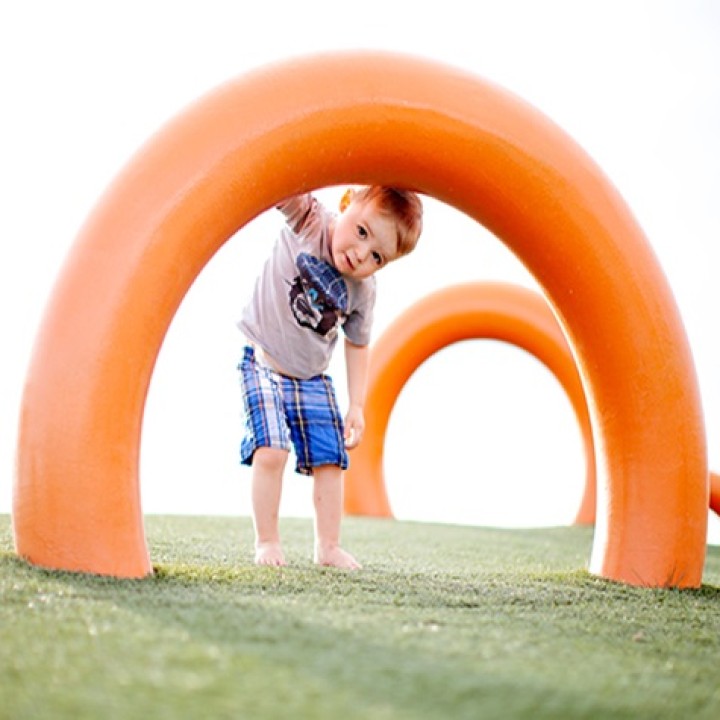
Caring for a newborn baby
Tips and information
- Wipe the baby dry and clean and delay the first bath for at least 24 hours
- Keep the baby warm with one or two layers of clothes more than adults and keep the head covered with a hat
- Have the baby tested for eye and hearing problems and for jaundice
- Keep the umbilical cord dry and, not applying anything on it, such as ointment
- Keep the baby and the mother together in the same room and allow the baby to feed on demand
- When the baby is small, keep the baby in skin-to-skin contact as much as possible every day
- Wash hands with soap and water before handling the baby
- Know the danger signs and where to seek care, such as if the baby is not feeding well, has fast breathing or has a high temperature
Wipe the baby dry and clean and delay the first bath for at least 24 hours
At the heart of newborn care is a commitment to providing a warm and safe environment. Keep your precious ones snug by dressing them in one or two layers more than adults, ensuring they are comfortably cocooned. Don't forget the adorable touch of a soft hat, keeping their tiny head covered for extra warmth and protection.
When it comes to hygiene, opt for a delicate touch. Wipe your baby dry and clean with gentle, fragrance-free wipes, and consider delaying that first bath for at least 24 hours. This allows their delicate skin to adjust and maintain its natural moisture balance, promoting a soothing and stress-free start to their journey.
Embrace the art of tender care – a little warmth, a lot of love, and the gentle touch that every newborn deserves. Welcome your bundle of joy with the nurturing embrace they deserve.

Keep the baby warm with one or two layers of clothes
Ensure your newborn stays cozy and comfortable by dressing them in one or two layers more than adults. This extra layering provides the warmth they need, creating a snug and secure environment for their delicate beginnings. Prioritize soft fabrics and adorable baby hats to keep their tiny heads covered, ensuring they are wrapped in love and warmth throughout the day.

Have the baby tested for eye and hearing problems and for jaundice
Prioritizing your baby's health is crucial in the early days. Schedule tests for eye and hearing problems to ensure their sensory development is on track. Additionally, screening for jaundice is essential, as it helps identify any potential issues with bilirubin levels. Early detection and intervention contribute to your baby's overall well-being and development. Consult with your pediatrician to discuss and plan these important screenings for your newborn.
Keep the umbilical cord dry and, not applying anything on it, such as ointment
When caring for your newborn's umbilical cord, it's important to keep it dry and avoid applying any ointments or substances. Allow the cord stump to naturally dry and fall off, which usually happens within the first few weeks of life. Keeping the area clean and dry reduces the risk of infection and promotes a smooth healing process. Simply use a gentle, fragrance-free baby wipe during diaper changes and ensure the diaper doesn't cover the stump, allowing air circulation. This minimalistic approach supports the natural healing of the umbilical cord, ensuring your baby's health and comfort. Always follow your healthcare provider's guidance for specific care instructions .
Keep the baby and the mother together in the same room

Fostering a close bond between a mother and her newborn is a key aspect of postnatal care. Keeping the baby and the mother together in the same room promotes emotional connection and facilitates breastfeeding. Encourage feeding on demand, allowing the baby to nurse whenever they show hunger cues. This proximity supports breastfeeding initiation, helps establish a strong mother-infant bond, and allows for prompt response to the baby's needs. It also provides an opportunity for the mother to become attuned to the baby's feeding patterns and fosters a nurturing environment that contributes to both the baby's and the mother's well-being. Always consult with healthcare professionals for personalized guidance on postnatal care.
When the baby is small, keep the baby in skin-to-skin contact as much as possible every day
Promote the well-being of your small baby by prioritizing skin-to-skin contact as much as possible every day. This intimate practice, often referred to as kangaroo care, offers numerous benefits. It helps regulate the baby's body temperature, stabilizes their heart rate, and promotes bonding between the baby and parents. Skin-to-skin contact has been shown to enhance breastfeeding success, reduce stress, and improve overall infant health. Find moments throughout the day to hold your baby close against your bare skin, fostering a sense of security and warmth that contributes to their growth and development. Always consult with healthcare professionals for guidance tailored to your baby's specific needs.
Wash hands with soap and water before handling the baby
Ensuring your baby's health and safety begins with a simple yet essential step: wash your hands with soap and water before handling the baby. This routine practice helps prevent the transmission of germs and protects your newborn from potential infections. Whether it's feeding, changing diapers, or cuddling, clean hands are a fundamental part of creating a safe and hygienic environment for your baby. Make handwashing a consistent habit to promote a healthy start for your little one.
Know the danger signs and where to seek care, such as if the baby is not feeding well, has fast breathing or a high temperature

Being aware of danger signs in your baby's health is crucial for prompt intervention. If your baby is not feeding well, experiencing fast breathing, or has a high temperature, it's essential to know where to seek care. Look out for signs of dehydration, lethargy, or persistent crying, as these may indicate an underlying issue.
In case of concerning symptoms, contact your pediatrician immediately. Familiarize yourself with nearby healthcare facilities and emergency services. Quick and decisive action in response to danger signs ensures your baby receives timely medical attention, enhancing the chances of a positive outcome. Always trust your instincts as a parent, and never hesitate to seek professional help when needed.





Comment